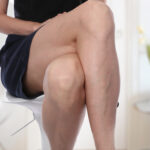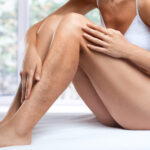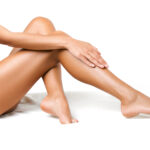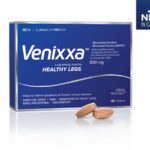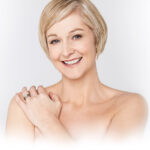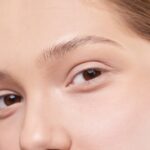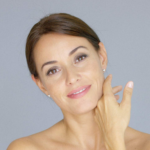SKIN CREAMS AND DREAMS
By Dr. Janna Bentley
Hundreds of ‘cosmeceutical’ topical skin products promise to reduce signs of aging. Cosmetics, unlike drugs, are not regulated by the FDA and do not have to prove their safety or effectiveness before being sold – and only a fraction of the products promoted as anti-aging creams actually work.
So how do you prevent from having a cabinet full of cosmeceuticals that have failed to deliver? Stick to what has been scientifically proven to work – sunscreen, retinoids and vitamin C.
SUNSCREEN
For optimum skin health, a sunscreen should be worn that protects against both UVB and UVA every day: it should be part of your routine every morning.
It is the UVB rays that give a tan that so many seek from the sun and suntan beds – and those painful sunburns. The amount of UVB varies with the seasons, being more abundant in the summer, as well as at higher altitudes and near the equator.
Along with the UVB rays come UVA rays. UVA are in much higher quantities, are present all year round and are not changed by weather or altitude. UVA is linked to photo-aging and cancer. It can pass through glass, such as car windows.
While all sunscreens report the level of protection from UVB rays (the SPF factor), there is presently no requirement to relay the level of protection against UVA.
I recommend to my patients mineral based sunscreens with zinc oxide as the active ingredient. Zinc oxide is the only single ingredient that blocks both UVA and UVB rays. It also has the advantage of being hypoallergenic and ideal for those with sensitive skin. Excellent, cosmetically elegant products are available through physicians who specialize in skin care.
Mineral make-up is also a great way to get your sunscreen without thinking about it, but make sure it gives an effective sunscreen SPF rating.
RETINOIDS
Retinoic acid is the active form of vitamin A and is only available by prescription. Many over the counter products contain retinol which, when put on the skin, must be converted to the active form. However, most over the counter products produce too little retinoic acid to have any real anti-aging properties.
Retinoic acid was initially licensed for acne treatment, but research proved it to have anti-aging properties. It improves fine wrinkles by increasing collagen in the skin, improves the smoothness of the skin due to increased hydration, and decreases the amount of freckling and sunspots by acting as an exfoliant.
The most common side effects of the medication (e.g. dryness and sensitivity) can be dealt with by slowly building up the quantity and the frequency of use.
VITAMIN C
I call vitamin C serum ‘liquid gold.’ It is one of the products that I cannot live without – despite being expensive – since there a lot of good science supporting the extensive benefits of vitamin C in anti-aging and repairing sun damaged.
Sure, you can get vitamin C can from eating fruits, vegetables and supplements. However, even if you ate massive doses, the internal absorption of vitamin C is limited. So topical application is the best way to get higher levels of vitamin C into the skin.
Vitamin C neutralizes free radicals generated when our skin in exposed to ultraviolet light. It also increases collagen production and is helpful for lightening up sun spots. Apply in the morning to help protect your skin from the sun.
But many topical vitamin C products do not work. Vitamin C is relatively unstable and exposure to air or sunlight will convert it to inactive oxidized forms. Also, only highly concentrated preparations (10% or higher) deliver effective quantities of vitamin C. Many over the counter products that say they contain vitamin C have such miniscule amounts that they are unlikely to be of any benefit. Splurge on the expensive vitamin C serums, or even better vitamin C and E combined. They are well worth it.
With sunscreen, retinoids and topical vitamin C, it’s not too late to be younger.
By: Dr. Janna Bentley, of Lakeshore Vein & Aesthetics Clinic (www.veinskin.com). This article first appeared in YLW Magazine, Kelowna, BC, Canada.


